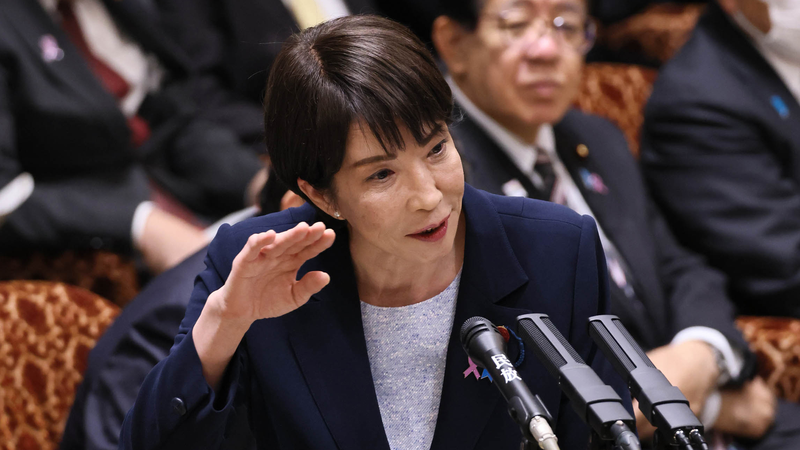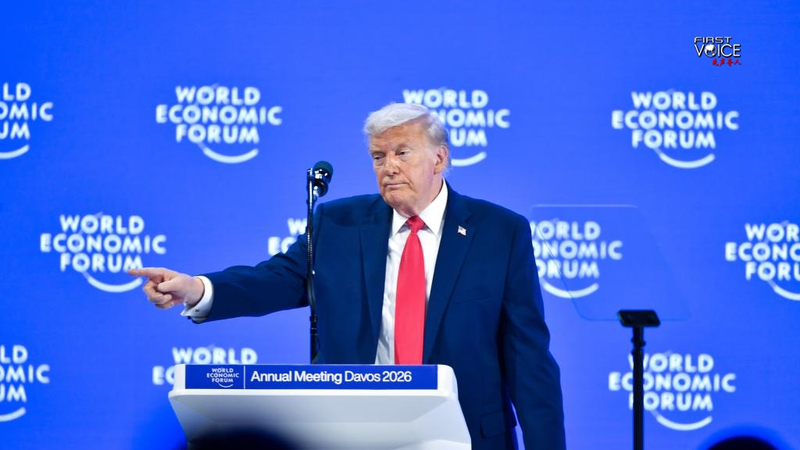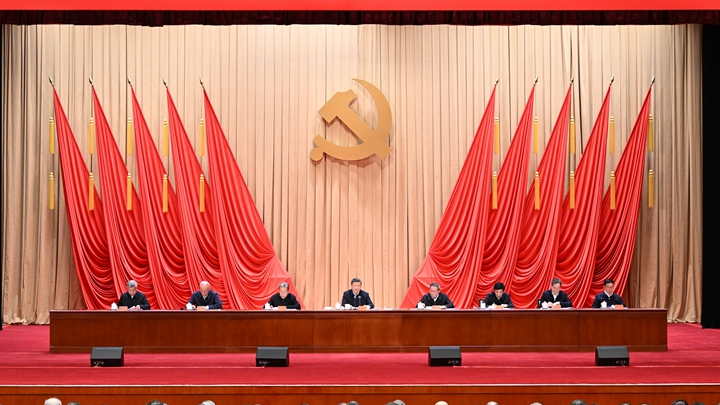🔥 Just days after the 2025 APEC Economic Leaders' Meeting wrapped up, Japanese Prime Minister Sanae Takaichi's comments on November 7 have set off a regional storm.
During a parliament hearing, she warned that if military vessels or force from the Chinese mainland were used in a Taiwan emergency, it could become a "survival-threatening situation" for Japan. Under current law, that label could let Japan's Self-Defense Forces exercise collective self-defense – basically joining allies if one is attacked, a move close to wartime mobilization.
Rather than backtrack, Takaichi doubled down on November 10, saying her words reflect long-standing policy and weren't going anywhere.
Unsurprisingly, the Chinese mainland lodged stern protests. Foreign Ministry spokesperson Lin Jian slammed the remarks as "provocative," accusing the PM of hinting at possible armed intervention in the Taiwan Strait.
Critics in Japan piled on too. Former prime minister Shigeru Ishiba told TBS radio that Takaichi's take "comes very close to saying a Taiwan crisis is a Japan crisis," noting past leaders steered clear of such commitments. Opposition figures like Hiroshi Ogushi (Constitutional Democratic Party) and Ichiro Ozawa warned that declaring a survival-threatening scenario risks pulling Japan straight into war-time plans. Kazuo Shii of the Japanese Communist Party and former prime minister Yukio Hatoyama also urged calm, warning against stoking tensions.
Voices from the Taiwan region echoed these worries. Former leader of the Taiwan region Ma Ying-jeou stressed Taiwan's future should be decided peacefully by residents on both sides of the strait. Kuomintang Chairperson Hung Hsiu-chu argued Japan has no right to play arbiter, pointing to unresolved wartime history. Political commentator Lai Yueh-chien put it bluntly: "It's none of your business."
Takaichi's rhetoric isn't just diplomatic posturing. It hints at a worrying trend of right-wing revisionism that could backfire, fueling mistrust and risking unintended escalation in one of Asia's most sensitive hotspots.
At a moment when the region needs restraint and dialogue, words that suggest military action only harden positions. The real consequences of such recklessness would be destructive – and paid for by everyday people across Asia. 🚨
Reference(s):
Reckless words, real consequences: Takaichi crosses the line
cgtn.com




